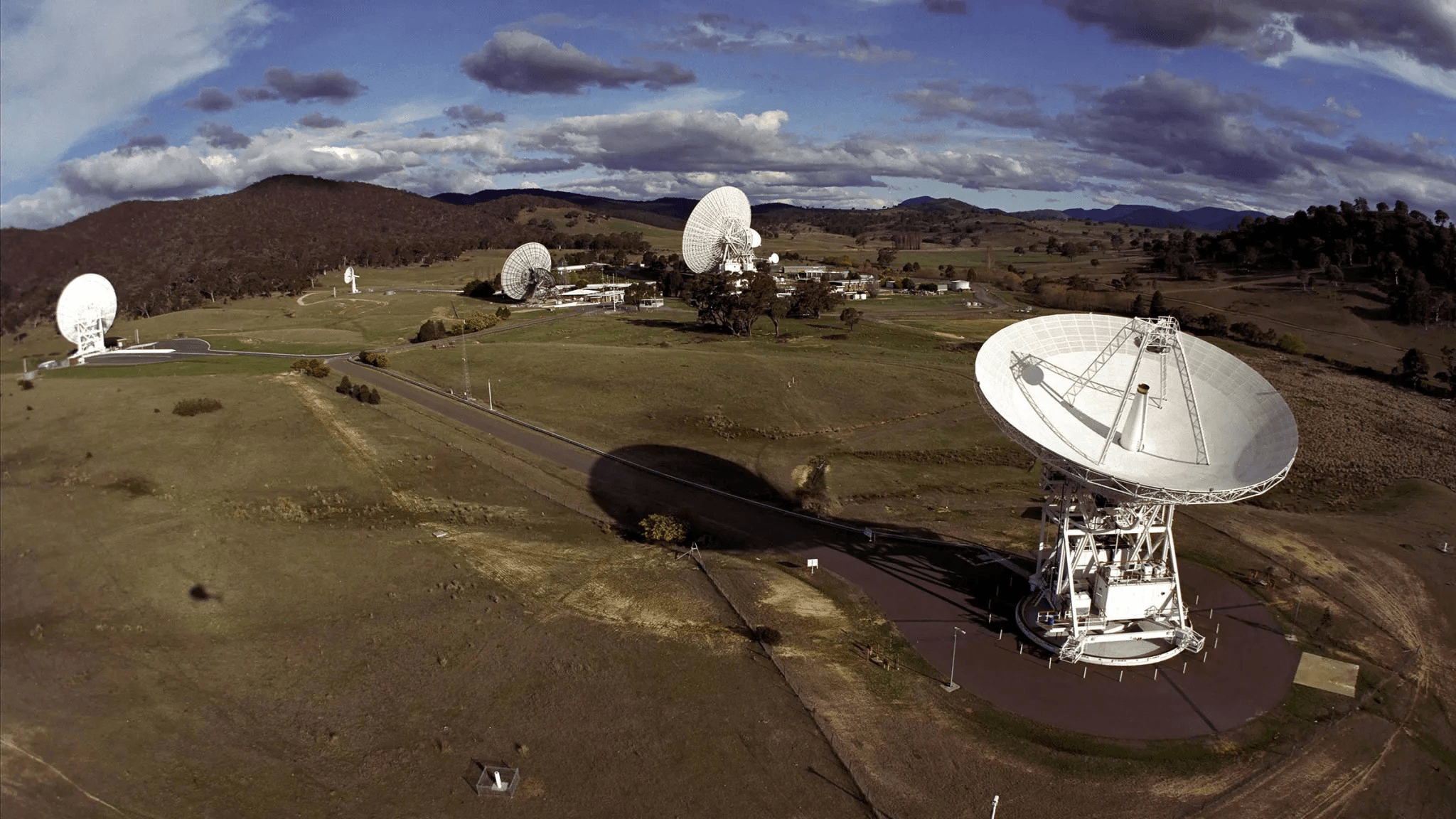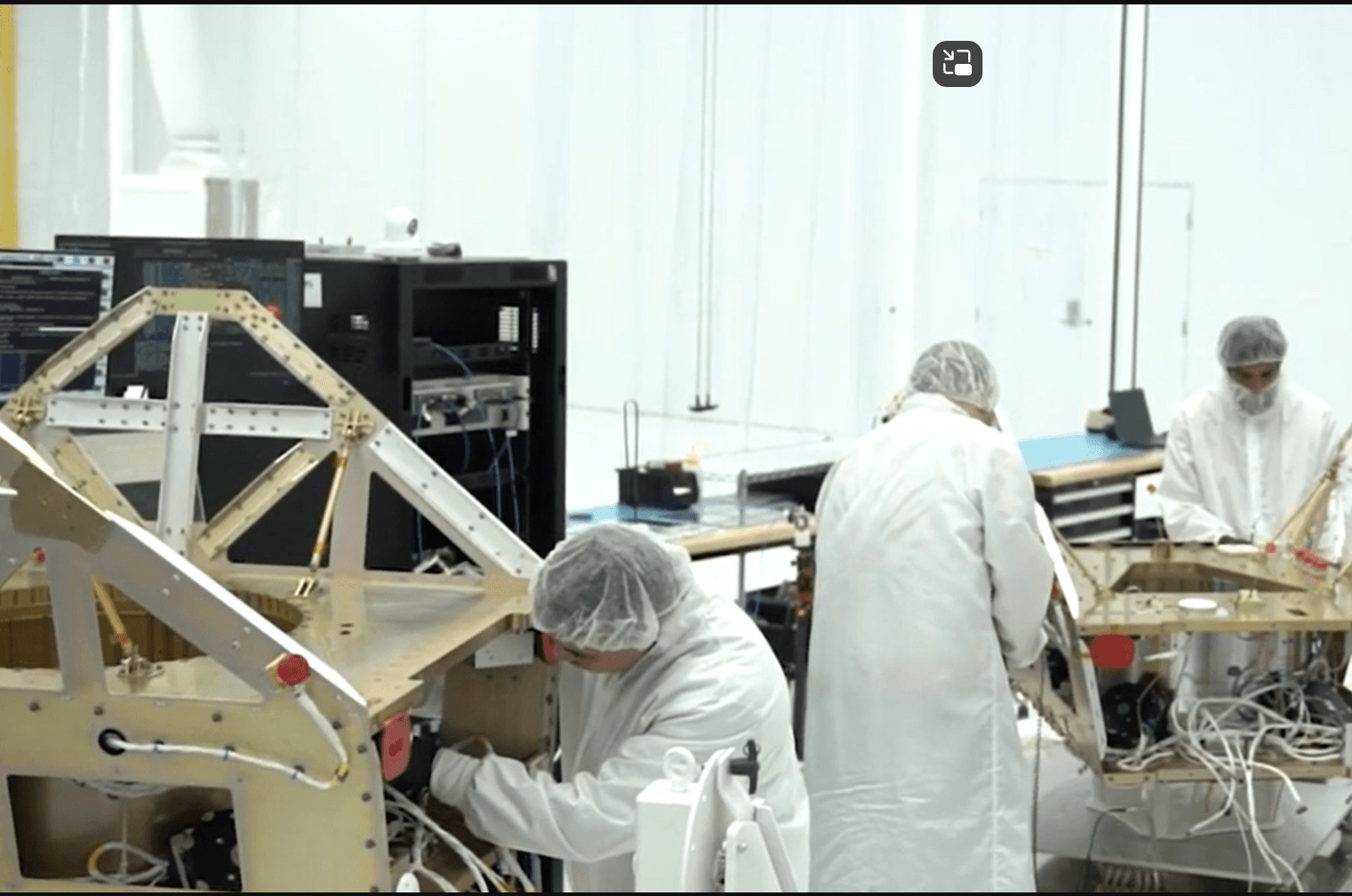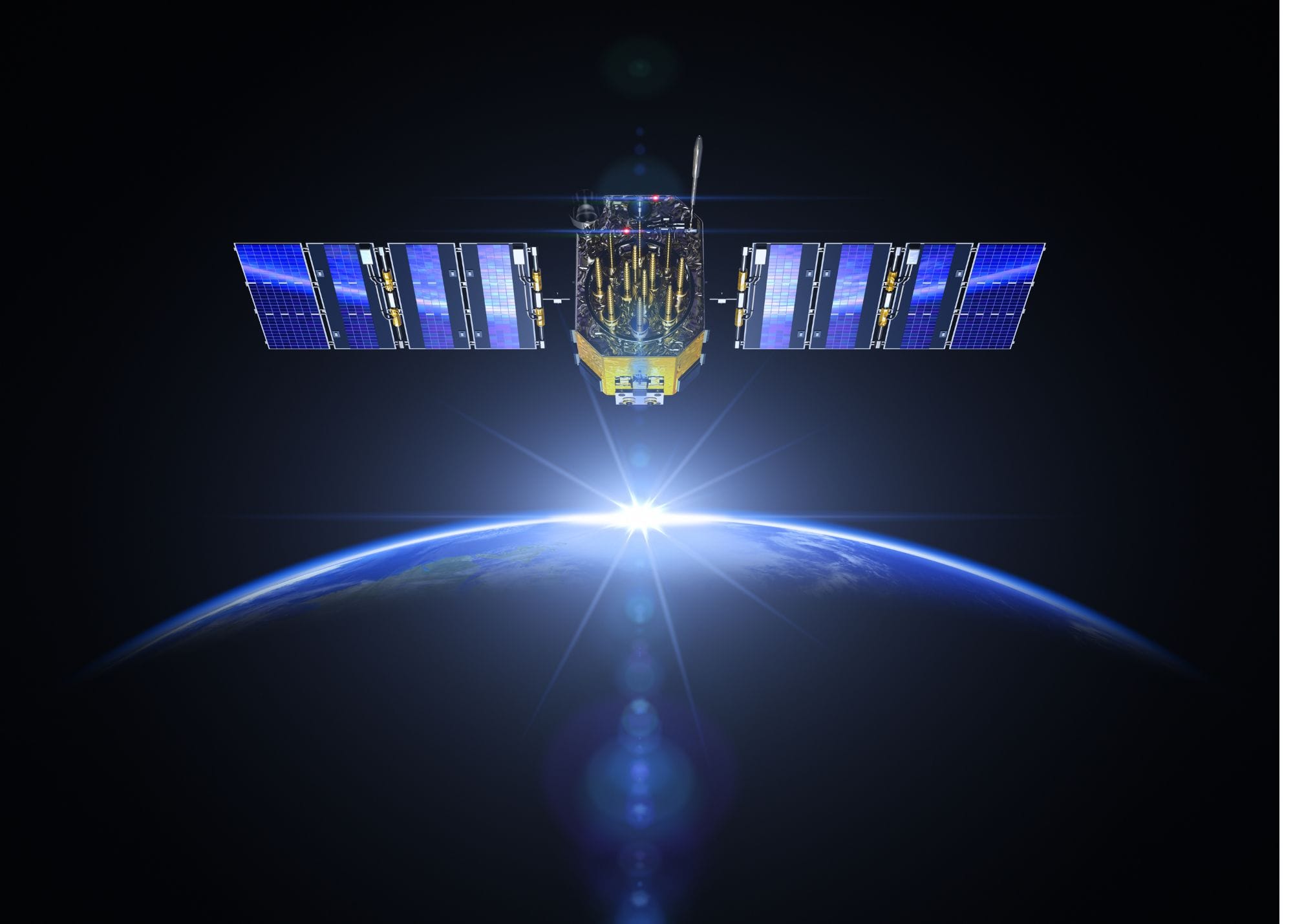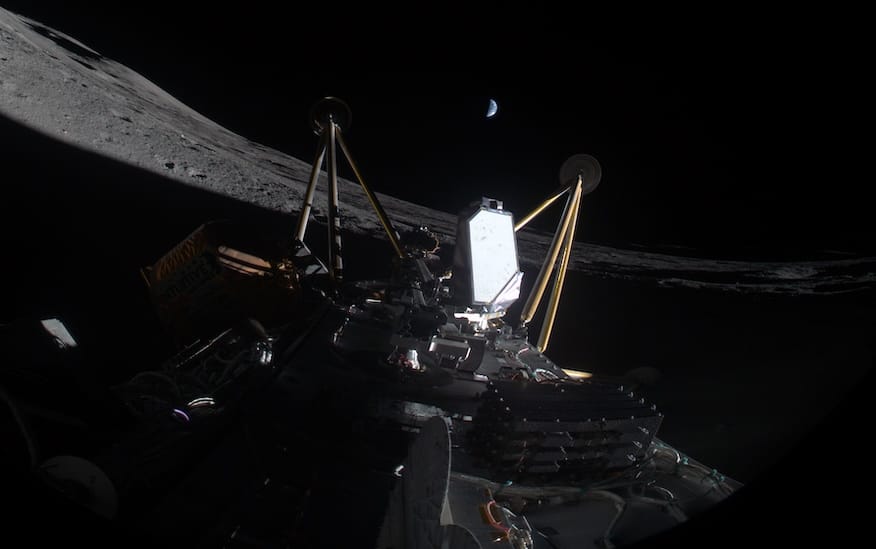Recent developments indicate that Russia plans to provide advanced space and satellite technology to North Korea, signaling a significant shift in international relations. This collaboration, reportedly in exchange for North Korean military support in Ukraine, has raised global concerns about the potential ramifications for regional and international security. As U.S. Secretary of State Antony Blinken noted, such an alliance could alter the strategic balance in East Asia and beyond.
Table of Contents
ToggleBackground on Russia-North Korea Relations
The relationship between Russia and North Korea has evolved significantly over the decades. Established in the aftermath of World War II, the Soviet Union was instrumental in the formation of North Korea, providing economic and military support. During the Cold War, the alliance was marked by mutual cooperation, though it experienced strains following the Soviet Union’s dissolution in 1991. In recent years, particularly after Russia’s annexation of Crimea in 2014 and its subsequent international isolation, Moscow has sought to strengthen ties with Pyongyang. This renewed partnership has been characterized by diplomatic engagements, economic exchanges, and mutual support against Western sanctions.
The Space and Satellite Technology Agreement
Reports suggest that Russia intends to transfer advanced space and satellite technology to North Korea. This technology encompasses sophisticated satellite systems capable of enhancing reconnaissance, surveillance, and communication capabilities. For North Korea, acquiring such technology would represent a significant leap in its military and intelligence infrastructure, potentially enabling more precise missile guidance and improved monitoring of regional adversaries. U.S. Secretary of State Antony Blinken has expressed concerns over this development, indicating that Moscow’s actions could undermine international efforts to curb North Korea’s military advancements.

Motivations for Russia and North Korea
Russia’s Motivations:
- Military Support in Ukraine: Facing ammunition shortages in its ongoing conflict in Ukraine, Russia has turned to North Korea for military supplies, including artillery shells and rockets. In exchange, Russia appears willing to offer advanced technology and diplomatic concessions.
- Geopolitical Strategy: By strengthening ties with North Korea, Russia aims to counter Western influence and sanctions. This partnership serves as a strategic alliance against shared adversaries, reinforcing Russia’s position on the global stage.
North Korea’s Motivations:
- Technological Advancement: North Korea seeks to enhance its military capabilities, particularly in satellite and missile technology. Russian assistance could significantly bolster Pyongyang’s reconnaissance and surveillance capacities, aiding its weapons development programs.
- Economic and Diplomatic Benefits: In return for military support, North Korea may receive economic aid, energy supplies, and potential diplomatic recognition from Russia, including acknowledgment as a nuclear power. Such recognition would elevate North Korea’s international standing and bargaining power.
Global and Regional Implications
- Escalation of Tensions: The transfer of advanced space technology to North Korea could heighten tensions in East Asia, prompting concerns from South Korea, Japan, and the United States. Enhanced North Korean capabilities may lead to an arms race and destabilize regional security.
- Undermining International Sanctions: Such collaboration between Russia and North Korea challenges the efficacy of international sanctions designed to curb Pyongyang’s military advancements. It sets a precedent for the erosion of global non-proliferation efforts.
- Shift in Global Alliances: The deepening partnership signifies a realignment of geopolitical alliances, with authoritarian regimes collaborating to counter Western influence. This shift could complicate diplomatic efforts and lead to increased polarization on the international stage.
Expert Opinions and Analysis
- Feasibility of Technology Transfer: Experts suggest that while North Korea has made strides in missile technology, its satellite capabilities remain limited. Russian assistance could bridge this gap, though such transfers would violate international agreements and norms.
- Potential Responses: Analysts warn that neighboring countries may respond by enhancing their own military capabilities or forming stronger alliances, potentially leading to an arms race in the region. The international community may also consider imposing further sanctions or diplomatic measures against both Russia and North Korea.
In conclusion, the prospective transfer of advanced space and satellite technology from Russia to North Korea carries significant implications for global security. The motivations driving both nations are deeply rooted in their strategic interests, but the potential consequences could destabilize regional dynamics and challenge international non-proliferation efforts.












